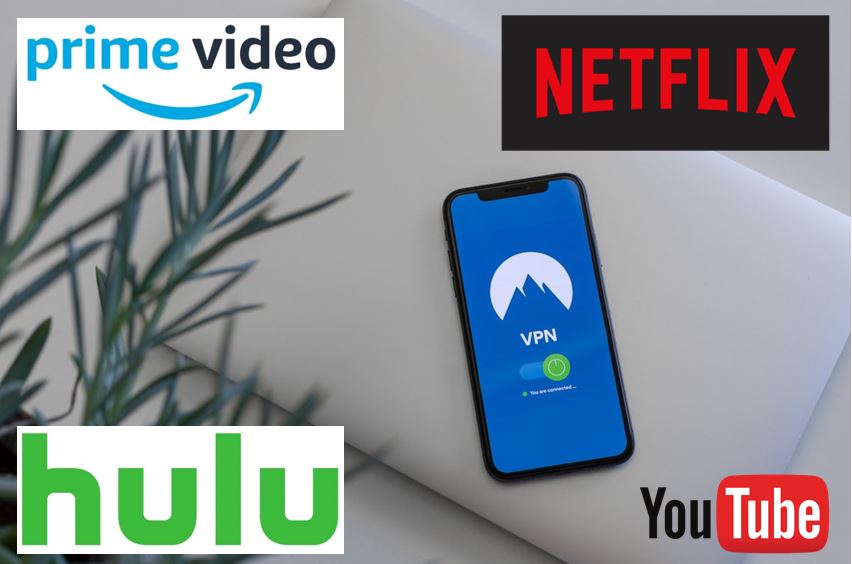VPNs have become quite popular among streaming fans and cord-cutters. This is because, among other things, almost all streaming services today use geographical restrictions, popularly known as geo-restrictions. This is usually done for various reasons, but the result is that it limits your streaming experience.

Using a VPN is therefore intended to lift off these restrictions and give you more value for your money. However, most streaming services usually try to block the use of VPN services on their platforms, something that raises the concern of whether or not VPNs are legal.
Why do I need a VPN for my Streaming Service?
Streaming services usually offer content depending on the country where you are located, and each country has a different library from the rest. For example, Netflix USA is the biggest library, and it’s almost twice as large as Netflix UK, the third-largest library after Canada. Nevertheless, Netflix USA also lacks lots of other titles that can be found in other countries, with a significant one being the time-defying sitcom, Friends.
Streaming services usually know your location by using your IP address. Your IP address carries lots of information, which includes your country, ISP, and even your precise location. This means that if you want to trick the streaming service, you can change your IP address using a VPN. For example, if you are in Europe, and you wish to access Netflix US, you can connect to a VPN server in the US.
However, since streaming services block VPN use, you will need to choose your VPN carefully.
Why do Streaming Services Block VPN Use?
Streaming services are forced to block VPN use in order to honor copyright licenses. This is because of instead of issuing global licenses, licensing companies and TV networks usually issue regional licenses. This is done in order to take advantage of regions where certain shows are more popular and therefore earn more, and also to protect the value of their shows.
To enforce this blocking, streaming services, with the notorious ones being Netflix, Amazon, Hulu, and the BBC, usually use IP address blocking. Although there are other methods (and more effective ones), this method is the easiest to enforce, but it’s also the easiest to circumvent.
Will I get in Trouble for Using a VPN?
Legally, no. Streaming services generally discourage you from using a VPN, but this only goes as far as blocking. And although some services state that they deserve the right to terminate your account when you violate their TOS, there’s no record of such a case for using a VPN. After all, they would risk a bad reputation and the loss of subscribers in a very competitive industry.
All that streaming services do is block you from streaming when they realize that you are using a VPN or proxy.
In a nutshell…
Streaming services discourage people from using VPNs, something that they are forced to do by license providers and TV networks. However, using a VPN to access legal content is also legal, as VPNs are meant to offer privacy. If you are worried about getting in trouble or having your account suspended, you don’t need to. The chances of that happening are close to zero.
Interesting related article: “A VPN can protect your computer.”

